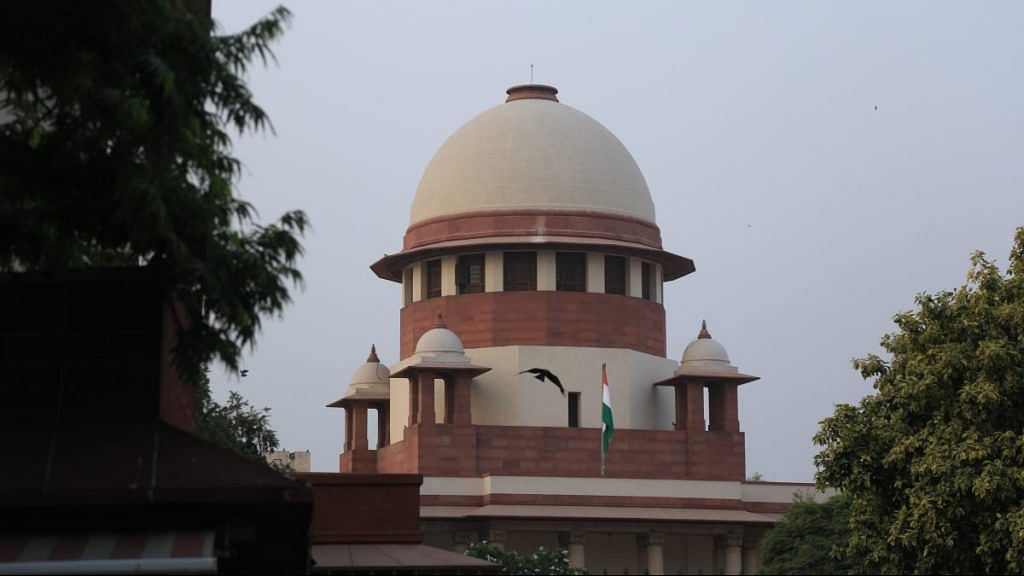Govts refusing to take stand on Section 377 have no right to accuse judiciary of overreach.
In refusing to take a stand on decriminalising homosexuality, the Modi government, politically speaking, finds itself in a win-win situation.
By leaving it to the “wisdom of the court”, the government has actually conveyed a lot more than what is in its three-page affidavit to the Supreme Court. The subtext is that while the government is okay with giving equal rights to the LGBTQ, it cannot say so in as many words.
This basically ensures that international headlines do not label the Modi government as homophobic – it is politically convenient for the party and also allows the government to get what it wants by just playing a silent spectator.
If the law is declared unconstitutional, the BJP can direct the backlash from its conservative vote bank to the court. It can always hide behind the fact that it was the court that legitimised same-sex relations, and not the government.
On the other hand, if the 2012 experience repeats itself and Section 377 is validated once again, then the BJP can claim moral high ground by saying that it always supported abolishing the law.
Unfortunately, it is not just the BJP-led government that is afraid of taking a stand on this issue. The LGBTQ issue does not seem to fit into the political narrative of any party.
The doublespeak by the liberal Congress-led UPA government in the earlier cases is also hard to miss.
In 2009, when the Delhi high court was hearing the Naz Foundation case, two ministries filed completely contradictory views. While the ministry of home affairs was opposed to striking down the law because homosexuality cannot be “morally condoned”, the ministry of health and family welfare argued that Section 377 is counter-productive to the efforts of HIV/AIDS prevention and treatment.
The high court, however, went on to declare the law unconstitutional. It was only then that the UPA government came out in full support of legalising same-sex relationships.
Once celebrations had begun, it could not have afforded to offend liberal sentiments.
So, when religious groups challenged the high court ruling before the Supreme Court, the government refused to defend the law and said it found no fault with the high court verdict. Attorney General Goolam Vahanvati stood up in court saying his conscience would not permit him to argue in favour of retaining Section 377.
In fact, the Congress government was the first one to seek a review of the disappointing SC ruling that upheld Section 377. Rulings are rarely reversed even when the court reviews them. In 2014, the review petition was dismissed by theSupreme Court.
Despite the dismissal, the UPA government did not take any steps legislatively, through an amendment or an ordinance, to remove Section 377 from the books.
The current case will surely fly without the government’s assistance. Each of the lawyers representing the petitioners has passionate pleas to make to the court.
Successive governments seem to have ducked the question on homosexuality. But here’s an important question – Can the governments refuse to take a stand on issues involving human rights and delegate their role to the courts? If they do, do they get to then criticise the judiciary for overreach?
